Explore the ALSO Children’s Homes Wishlist and help fill the season with joy for the children supported by ALSO.
Explore the ALSO Children’s Homes Wishlist and help fill the season with joy for the children supported by ALSO.
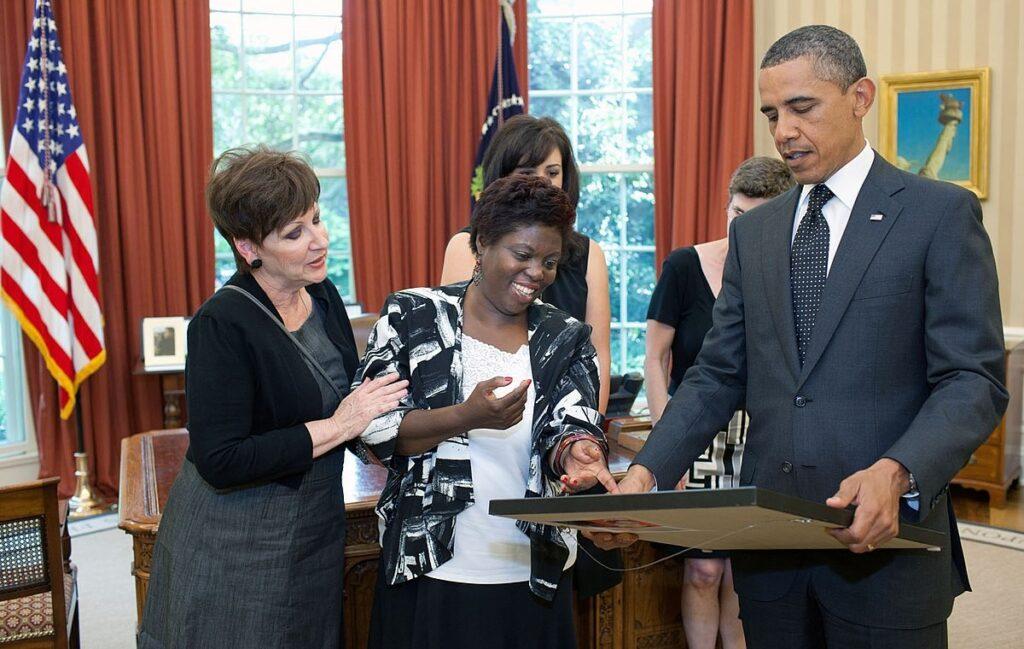
Yes, people with developmental disabilities (DD) make history. Some are rightfully famous worldwide. Others are only well known in the disability community. All of them have changed our world for the better. Join us in celebrating National Developmental Disabilities Awareness month by learning about some of these individuals.
The basic definition (from the Developmental Disabilities Act, section 102(8) ) is a physical or mental disability with onset before age 22 and is expected to continue indefinitely. Around 17% of children ages 3-17 in the U.S. have a developmental disability, but it wasn’t until the latter half of the 20th century when people experiencing developmental disabilities (DD) began to be integrated in their communities. Prior to the deinstitutionalization movement of the 1970s and 80s, many people with DD lived their entire lives in institutions that provided little in the way of education or support (other than food and shelter)—which makes the legacies of the people on our list even more impressive. For DD Awareness Month, we will discuss some of the most famous people with developmental disabilities that have made an impact on the world, broken down barriers, and helped pave the way for more inclusive communities today.
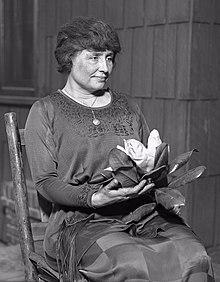
Helen Keller (1880-1968) – Though you’ve certainly heard about Helen Keller, we bet you didn’t know that the famous woman was:
“The welfare of each is bound up in the welfare of all.” – Helen Keller
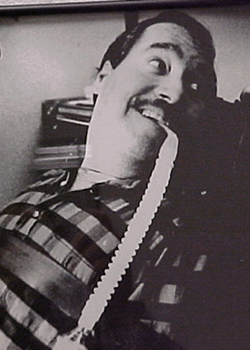
Ed Roberts (1939-1995) – Known as the Father of Independent Living, Ed Roberts has made community living possible for thousands of people. A polio survivor who was paralyzed from the neck down and needed assistance breathing, Ed first fought for his rights at the University of California, Berkeley, where he and other people with disabilities formed a group known as the Rolling Quads. After helping UC Berkeley become more accessible, Ed realized the power he had to change the status quo—and he used it. He helped establish the nationwide network of Centers for Independent Living, 400+ community-based nonprofits designed and operated by people with disabilities, and then founded the World Institute on Disability, a global organization dedicated to building an inclusive society. Along the way, Ed also found time to get married, father a son, study karate, and swim with whales.
“Independent Living is a psychological idea much more than a physical concept. I’m paralyzed from the neck down, but I am completely in control of my own life. I make decisions about what I want. And when you begin to believe that, it’s very empowering and powerful. And then it…catches on with other people. They say, “Well, if he can do that, why can’t I?” – Ed Roberts
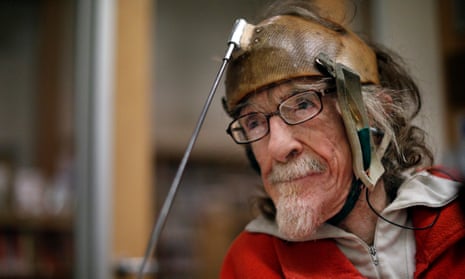
Hale Zukas (1943-2022) – Another member of the Rolling Quads, Hale Zukas is one of the great unsung advocates for people with disabilities. After advocating for student rights at UC Berkeley (and graduating with honors with a degree in mathematics and a minor in Russian), he:
Communication was not easy for Hale, who was born with cerebral palsy and used a head stick and communication board to talk, but he mastered the art of brevity. When asked by documentary filmmaker Brad Bailey why he fought so hard for the rights of people with disabilities, Zukas replied, “I did not want my style cramped.”
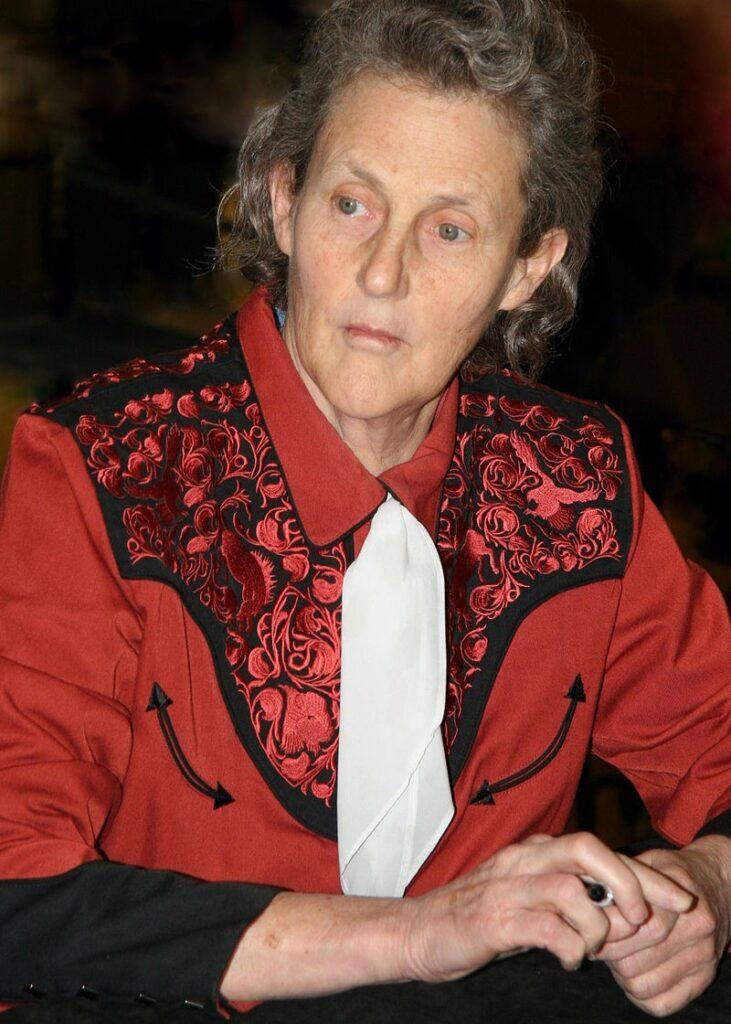
Temple Grandin (1947-Present) As a person with autism spectrum disorder, Temple Grandin experiences the world differently—and she wants us to know that can be a benefit. Between her writing, her famous TED talk (over six and half million views) and her teaching, Temple has done more to build awareness about autism than anyone else. And it’s not just people she has served. Through her understanding of animal behavior, Temple has made meat production a much more humane process for millions of animals.
“I always find it kind of funny that normal people are always saying autistic children ‘live in their own little world.’ When you work with animals for a while you start to realize you can say the same thing about normal people. There’s a great big, beautiful world out there that a lot of normal folks are just barely taking in. Autistic people and animals are seeing a whole register of the visual world normal people can’t, or don’t.” – Temple Grandin
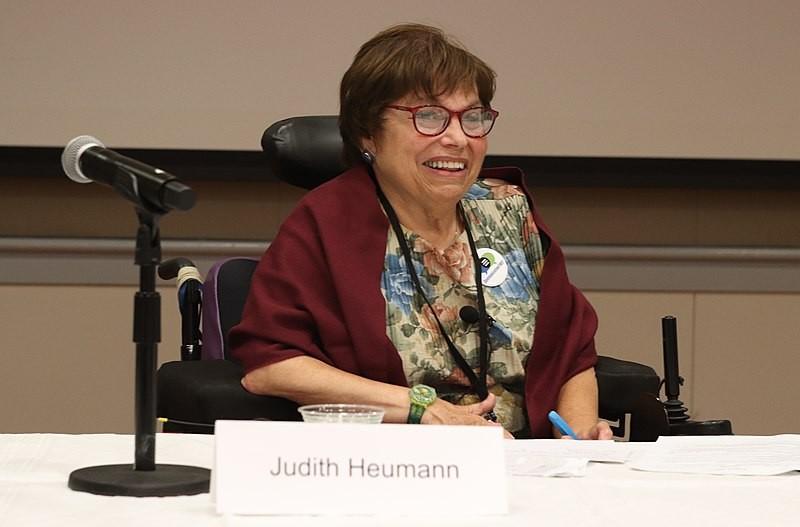
Judy Heumann (1947-2023) The Washington Post called Judy the Mother of Disability Rights—and a bad ass. Both titles were earned. Judy, who had polio as a child, was a force to be reckoned with. You may recognize her as one of the central figures in the award-winning documentary Crip Camp, but probably didn’t know that Judy:
“Our anger was a fury sparked by profound injustices. Wrongs that deserved ire. And with that rage we ripped a hole in the status quo.” – Judy Heumann

Lois Curtis (1969-2022) – At first glance, Lois Curtis is an unlikely candidate for this list. Lois loved learning, but never finished school, as her intellectual and developmental disabilities generated behavioral issues that eventually resulted in her institutionalization at Georgia Regional Hospital, where she spent much of her childhood and all her teenage years.
Lois hated life at the hospital. When she was nineteen, she began calling the Atlanta Legal Aid Society to ask for help. Advocates eventually got her released, but without support services, Lois was unable to live successfully in the community, and was returned to the hospital. Doctors admitted she did not meet the criteria for involuntary confinement, but there was no other support available, as the state said it had met its legal obligation by providing shelter in an institutional setting.
In 1995, the Atlanta Legal Aid Society helped Curtis file a lawsuit against the state of Georgia. The suit, which claimed discrimination under the Americans with Disabilities Act, resulted in the Supreme Court case Olmstead v. L.C. (1999) that established the right of individuals with disabilities to live in the least restrictive settings possible. When they won the suit, Lois was able to have the life she wanted: painting and singing and visiting with friends—and she made community living possible for tens of thousands of people. When asked what she wished for all the people she had helped, she said, “I hope they live long lives and have their own place. I hope they make money. I hope they learn every day. I hope they meet new people, celebrate their birthdays, write letters, clean up, go to friends’ houses and drink coffee. I hope they have a good breakfast every day, call people on the phone, feel safe.”
At ALSO, we don’t just applaud the work of these pioneering leaders during National Developmental Disability Awareness Month, we continue their work and build upon it all year long. We ensure that the people we support live their own lives to their full potential: , , and enjoying community living to the fullest. We fight for the inclusion of people with developmental and intellectual disabilities daily and encourage those we support to live fulfilling, productive lives in their diverse communities. Call us at (503) 489-6565 or email us at info@alsoweb.org to learn more.

Sign up for our newsletter to get our latest news, content, and job opportunities.
Help us ensure that everyone has the same opportunities in their home, workplace and community. Let’s make dreams!
